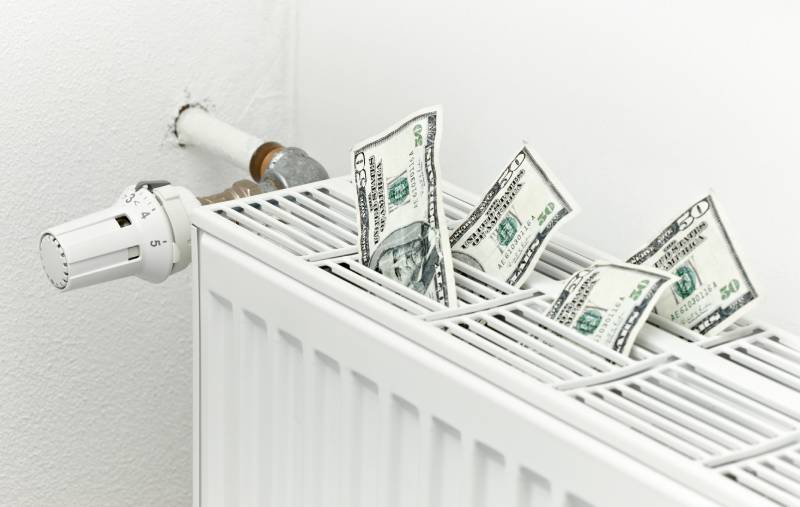When your heating system acts up, knowing the potential costs of repairs can help you budget and avoid surprises. While costs vary, understanding the average expenses for common repairs and factors that influence them can be beneficial. With some proactive strategies, you can also save on heating repairs and even extend the life of your system.
Average Costs for Common Heating Repairs
The cost of heating repair in Austin, TX fluctuate based on the specific issue and the type of heating system. Here’s a breakdown of common repairs and what you can expect to pay:
- Thermostat Repair or Replacement: If your thermostat is malfunctioning, repair costs can range from $100 to $300. Replacing a thermostat, especially with a programmable or smart model, may cost between $150 and $500.
- Blower Motor Repair or Replacement: The blower motor circulates warm air through your home. Repairing it can cost around $300 to $450, while a full replacement could be $500 to $1,500, depending on the motor’s capacity.
- Igniter or Pilot Light Repair: For gas heaters, igniter or pilot light issues are common. These repairs usually cost between $150 and $300. A complete replacement may push the cost closer to $400.
- Heat Exchanger Repair or Replacement: The heat exchanger is crucial for transferring heat from combustion gases to the air. Repairs might run from $500 to $1,200, while a full replacement can cost between $1,500 and $3,500 due to the labor-intensive work involved.
- Flame Sensor Replacement: If your system's flame sensor is dirty or damaged, it may need to be cleaned or replaced. This repair typically costs $75 to $250, making it one of the more affordable fixes.
Factors Influencing Heating Repair Costs
Several factors affect the cost of heating repairs, including:
- System Type and Age: Older systems may have more expensive repairs because parts may be scarce. System types, such as furnaces, heat pumps, or boilers, also affect costs, as some are more complex than others.
- Complexity of the Repair: Simple issues like a thermostat problem are typically less expensive, while complex repairs, such as heat exchanger replacements, require more labor and time, increasing costs.
- Labor Rates: Hourly labor rates vary depending on location and the technician's experience. Choosing a reputable provider with certified technicians may cost a bit more but can ensure quality and longer-lasting repairs.
- Replacement Parts: Prices for replacement parts fluctuate based on the brand, model, and part availability. Some brands also have higher-priced components, adding to repair costs.
Tips for Saving Money on Heating Repairs
While heating repairs can be costly, there are ways to manage and even reduce these expenses. Here are some money-saving tips:
- Invest in Regular Maintenance: Routine maintenance is one of the best ways to prevent unexpected repairs. Regularly scheduled tune-ups can catch minor issues before they escalate, saving you from major repairs down the road.
- Sign Up for a Service Plan: Many HVAC companies offer service plans that include scheduled maintenance and discounts on repairs. These plans provide peace of mind and can reduce repair costs in the long term.
- Consider Replacing an Aging System: If your heating system is over 15 years old and requires frequent repairs, it may be more cost-effective to invest in a new, energy-efficient system. The upfront cost may be high, but it can save on repair and energy expenses in the long run.
- Act Promptly with Repairs: Delaying repairs can often make the issue worse. If you notice unusual noises, weak airflow, or inconsistent heating, address it quickly to prevent larger, more expensive problems.
- Research for Quality Parts and Service: Using quality replacement parts and hiring experienced technicians can make a significant difference in the longevity of repairs. Research HVAC companies in your area and read reviews to ensure you’re getting the best value.
If you’re facing heating repair issues and want to better understand your options, reach out to Stan’s Heating, Air, Plumbing & Electrical for reliable advice and service. With our expertise for HVAC in Austin and the surrounding areas, we’re here to help you get the most out of your heating system. Contact us to learn more about our service plans and maintenance options to keep your system in optimal condition.
